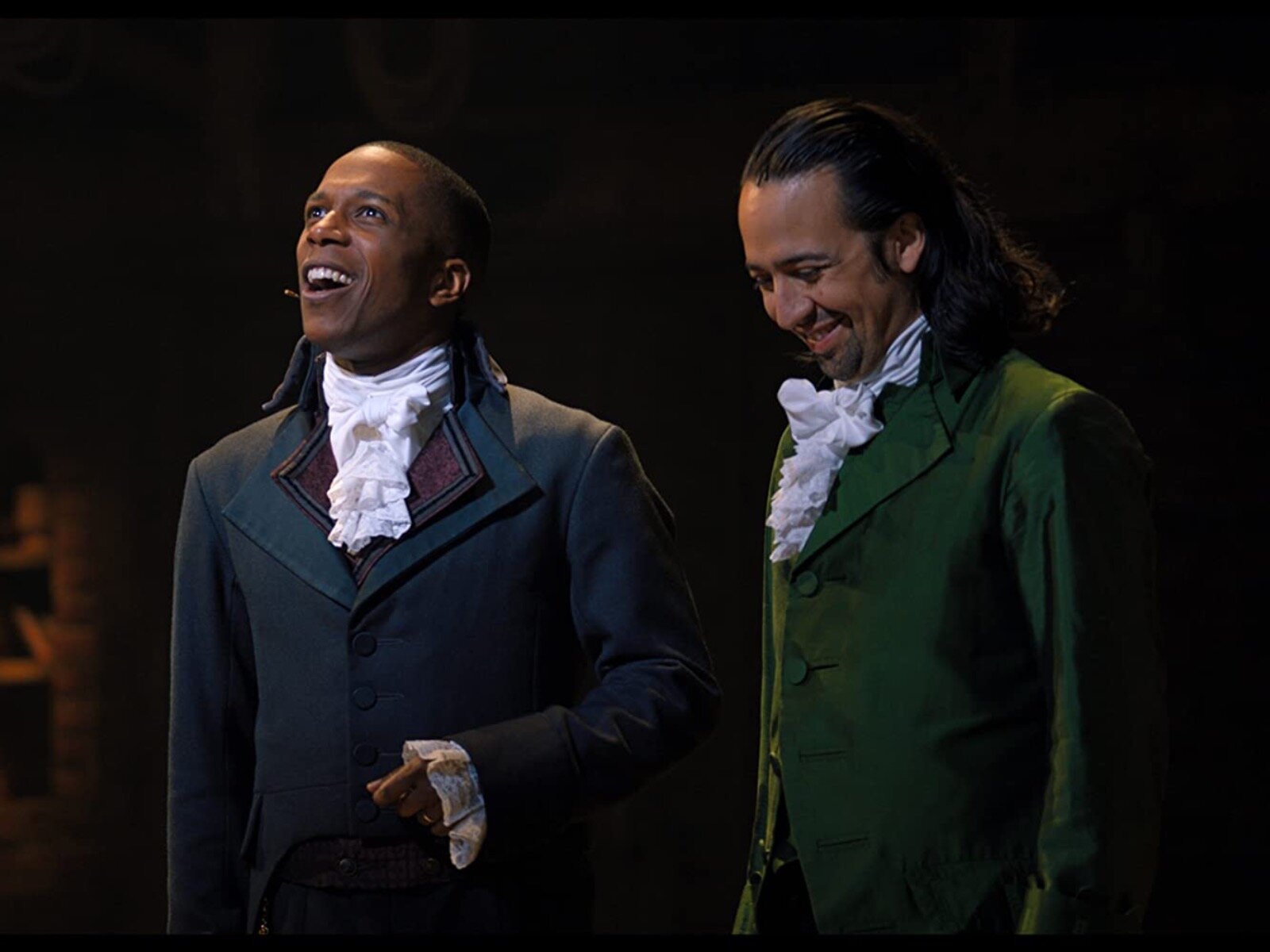Movies about legendary historical figures almost always carry extra weight on their shoulders. They're subjected to inevitable scrutiny and comparison, and the question "Did they do justice?" constantly looms over the finished project.
Frankly, it sounds like hell. The only thing that could make it more intimidating would be making a movie about a legendary movie maker. But, the supposed masochists behind "Hitchcock" went there, and emerged relatively unscathed with a clever, if superficial, homage to the master of suspense, Alfred Hitchcock.
Based on "Alfred Hitchcock and the Making of 'Psycho,'" the non-fiction book by Stephen Rebello, "Hitchcock" chronicles the controversies behind what ultimately became the director's most memorable film. More importantly, it brings the audience into the complicated partnership between Hitch, as he's called, and his wife, Alma Reville.
The making of "Psycho" is the external shell that frames the story, but the inner workings are structured completely on the couple (played expertly by Anthony Hopkins and Helen Mirren) and their relationship. They're introduced as a stable partnership of equals, serving as each other's supportive but affectionate critics. As the story progresses – and as troubles with the controversial horror project deepen – it becomes clear that this intro was just the calm waters that precede the stormy demeanor Hitch habitually embroils himself in on set.
His well-documented moodiness manifests itself visually as hallucinations of Ed Gein, the man who inspired "Psycho" the novel. As troubles with the picture continue to surface, Hitch's imaginings become the devil on his shoulder, second-guessing not just his decisions but the motives of his wife, who has taken on a side project (or, in his mind, "side project") with fellow screenwriter Whit (Danny Huston).
The tactic is smart, but tame. Hitch's reliance on his "relationship" with his murderous subject inversely mirrors the growing rift between him and Alma, but despite the inclusion of one of history's most heinous characters, it fails to convey anything truly sinister. Hitchcock's torturous and obsessive relationship with his leading ladies is infamous, yet in "Hitchcock" it comes off as merely a fit of distraction. Hitch is no imposing figure here – instead, he comes off as a lovable cad at best and mournful, insecure old man at worst.
But, this isn't to say the character is lifeless – far from it. Hopkins turns in a near-perfect performance with his wry, morbidly humorous personification. He's wily and mesmerizing, using Hitchcock's vices (the most noticeable being his constant drinking) to ultimate advantage, oftentimes as a flourish to an I-get-the-last-word retort.
Likewise, Mirren brings stellar gumption to her role as Alma, something which crescendos always at the most appropriate times to help snap Hitch back to reality. Their performances in the duo's final return to form – which helps drive "Psycho" to its ultimate success – finish off "Hitchcock" with an understated triumph.
Because it relies so heavily on Hitch and Alma (and is carried beautifully by Hopkins and Mirren), "Hitchcock" finds a strong anchor for a project that was on otherwise tenuous ground. It's light but well-crafted movie fare, but the focus on this partnership – combined with the sly bookends of classic Hitchcock narration a la "Alfred Hitchcock Presents" – make "Hitchcock" an entertaining (and, yes, even suspenseful) romp through cinema history.
Contrary to her natural state of being, Renee Lorenz is a total optimist when it comes to Milwaukee. Since beginning her career with OnMilwaukee.com, her occasional forays into the awesomeness that is the Brew City have turned into an overwhelming desire to discover anything and everything that's new, fun or just ... "different."
Expect her random musings to cover both the new and "new-to-her" aspects of Miltown goings-on, in addition to periodically straying completely off-topic, which usually manifests itself in the form of an obscure movie reference.







